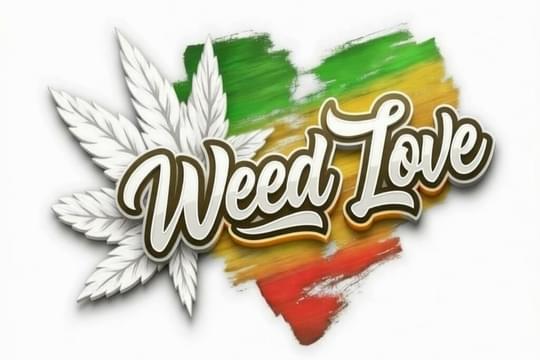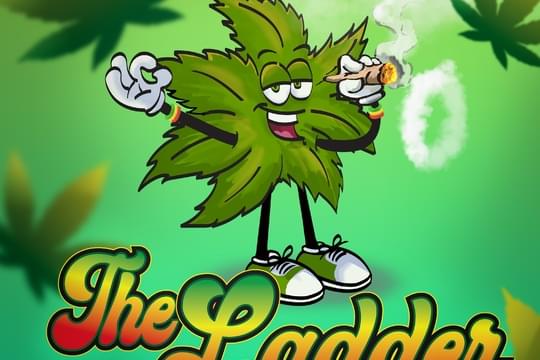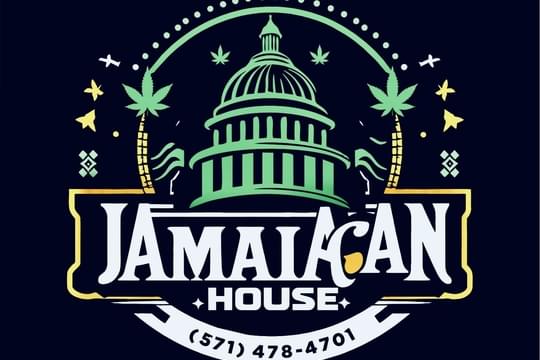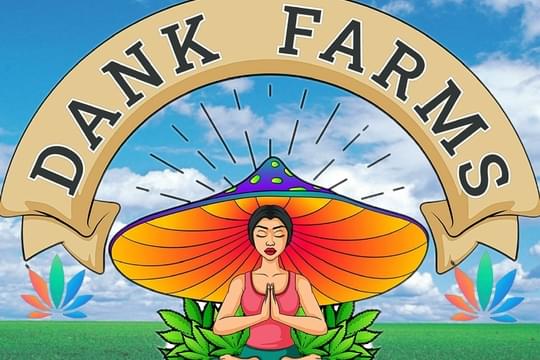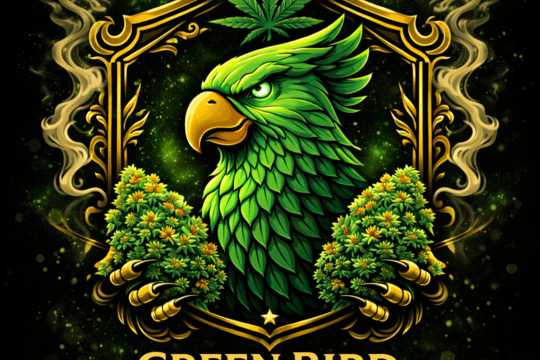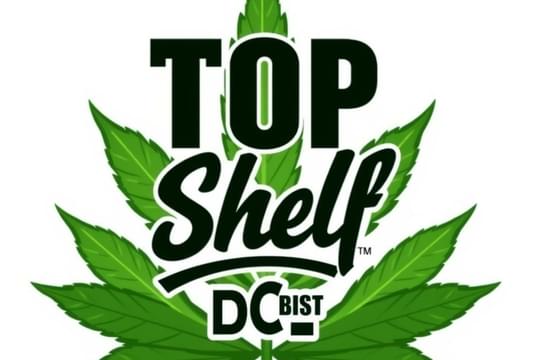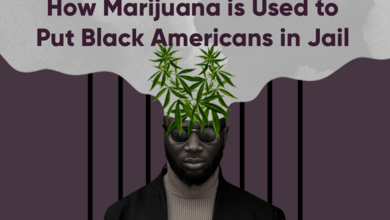
How Marijuana is Used to Put Black Americans In Jail
Published on 2/1/21
The last year has been critical in building a conversation around racism in America and the systemic injustices that come along with it. Now, in 2021, as we look to turn a new corner and act against these many injustices, we also must examine the systems created to oppress BIPOC communities. For more than half a century, law enforcement used marijuana to put black Americans in jail. Let's take a look at the facts behind marijuana in black communities, law enforcement and the continued propagation of false national perceptions toward minorities.
Disproportionate Cannabis Arrests in America
 unsplash.com
unsplash.comIf you watch the news, it's likely that you believe that marijuana is an inner-city drug predominantly used by poorer communities and black men. Unfortunately, this isn't the truth. Actually, marijuana use is proportionate across race/ethnicity lines, but law enforcement has policed black communities far more heavily than richer, white neighborhoods. According to the ACLU, nationally, marijuana possession arrest rates among black people are 3.64 times higher than a white person. Of course, individual states have varying arrest rates. Colorado has the lowest in the nation, where arrest rates among black people are only 1.5 times higher than white people. But in states like Kentucky and Illinois, black people are seven times more likely than white people to get arrested. These statistics have remained largely static over the last ten years, despite 15 states legalizing recreational weed as of November 2020 and more than 35 now have some form of medical marijuana program.
The Adverse Effects of Arrest
 unsplash.com
unsplash.comWhat might seem like a singular statistic to some, the aggressively unjust possession arrest rates within black communities are part of a larger, systemic issue. Despite accounting for only 13% of the national population, 40% of imprisoned Americans are black. Of course, marijuana charges affect this number, but is not exclusively a cannabis problem. It is a systemic problem with major ramifications that seem to just keep getting worse. The national incarceration rate has skyrocketed by over 500% since 1980. One in every three black Millennials or Generation Z person has dealt with a close family member being incarcerated. Higher incarceration rates within the black community led to a continued depression in employment, average life spans and even infant mortality rates. The continued over-incarceration of black Americans is a product of continued systemic injustices across the board within our government and legislative practices that perpetuate the misguided cultural views of average citizens about race and the subsequent injustices of casual, uninterrupted racism.
A Long History of Anti-BIPOC Marijuana Legislation
There is a long history of racism in America tied to marijuana and drug policing. Legislation built the framework of these injustices that disproportionately affected the BIPOC community. The Marihuana Tax of 1937 was the first major strike against cannabis in America and still upheld today through the Controlled Substances Act. Many historians argued about why the government implemented the Marihuana Tax Act, but many acknowledge that the rhetoric surrounding the law was based on racism and social control of minority communities. The Boggs Act of 1951 continued the use of drug control to unjustly position minorities by setting a minimum sentence on drug crimes, including possession. The demographic effects of the Boggs Act were especially degrading to the American South.
 unsplash.com
unsplash.comThe Controlled Substances Act of 1970 only deepened the divide by categorizing marijuana as a Schedule I drug with no medical benefits and highly addictive. This act, fueled by the racial prejudices of Richard Nixon, propelled the racial divide in marijuana policing we know today. The Violent Crime Control and Law Enforcement Act of 1994 was the most recent act to critically and adversely affect BIPOC communities. This bill was a bipartisan commitment in the 1990s to the renewed War on Drugs and allowed the death penalty for 60 federal offenses, mandated the life sentence for those with three or more felony convictions, and fast-lined the "school-to-prison" pipeline through increased juvenile justice programs.
Organizations Making a Difference
 BIPOCANN
BIPOCANNDespite pillars of systemic racism growing over past decades, there are many organizations dedicated to the progression of equality in America for all. Two of these incredible organizations are the Last Prison Project and BIPOCann. The Last Prisoner Project is a nonprofit cannabis reform organization dedicated to reimagining the national drug policy through advocacy, humanizing those dehumanized through the War on Drug narrative, legal advisory and school/reentry programs. Through education and advocacy, the Last Prisoner Project has its eyes set on a new future for those adversely affected by the unjust drug policies and policing in America. BIPOCann has set its sights specifically on creating an equal and profitable space for BIPOC within the cannabis industry. A large part of this program is advocating and building a professional network around BIPOC in cannabis. Through advocacy in both courtrooms and business meetings, the future of BIPOC and cannabis is looking to be much brighter than its past. National discussions about systemic racism, the sweep of legalization across an increasing number of states and a shift in the public perspective on marijuana are strong indicators that change is finally becoming actionable.
We must build conversations around these difficult topics if we're ever going to make real change. Let us know your story. Share your perspectives. Comment below and help us and the cannabis community better understand this critically important topic.

